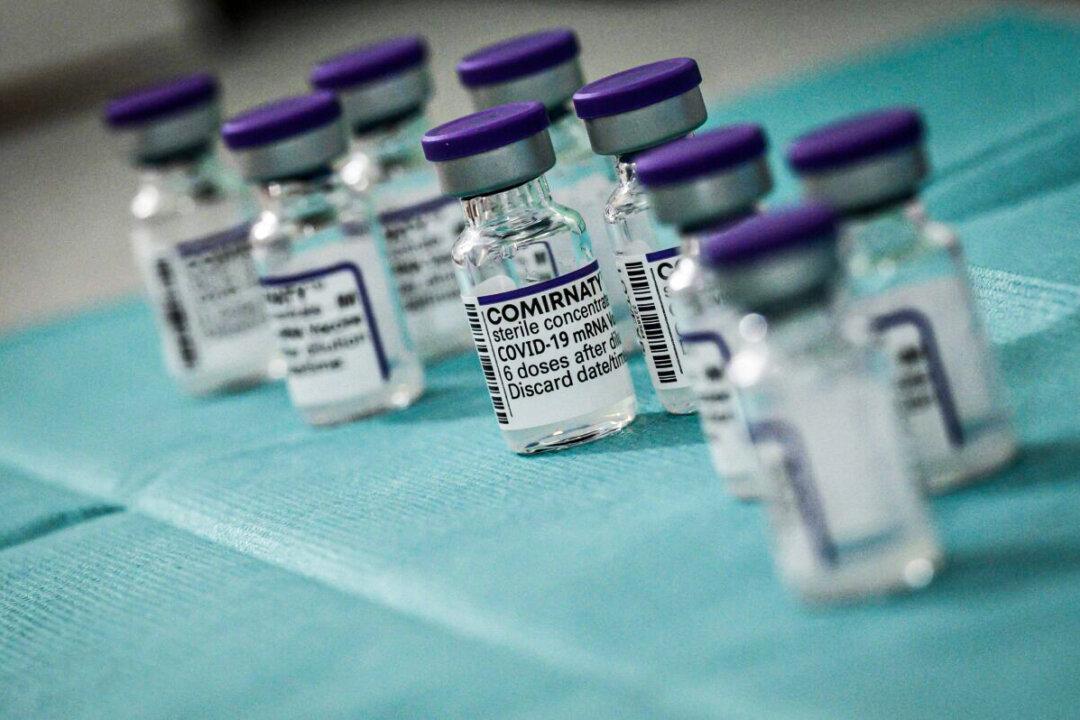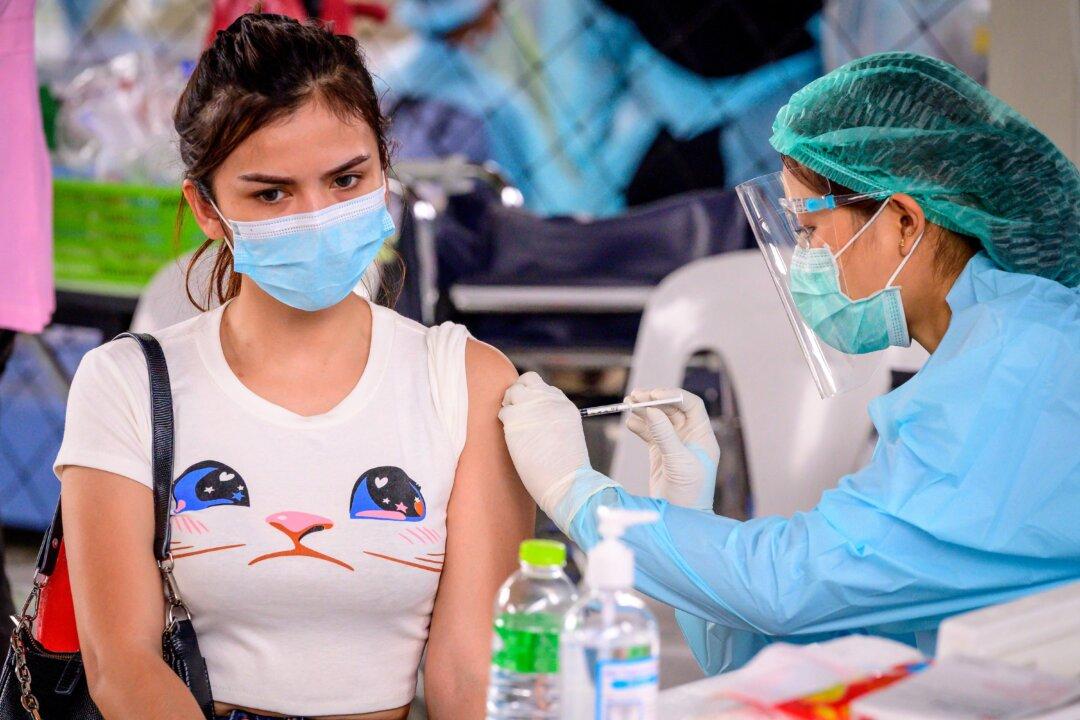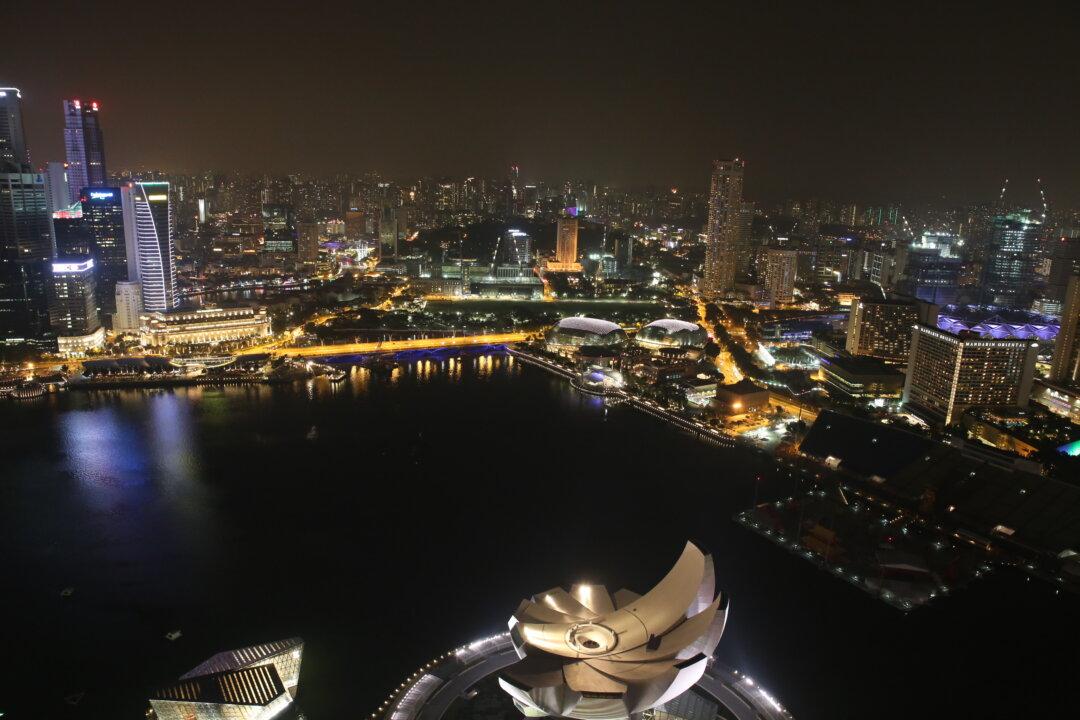Singapore will review the validity period for full vaccination status as new variants emerge, said Health Minister Ong Ye Kung in a press release on Dec. 14, 2021.
Details on the validity period will be announced at the end of this year or early next year. Currently, a person is considered fully vaccinated after two doses of mRNA vaccines, or three doses of Sinovac or Sinopharm vaccines.




